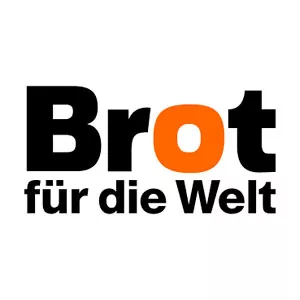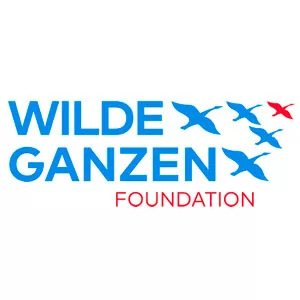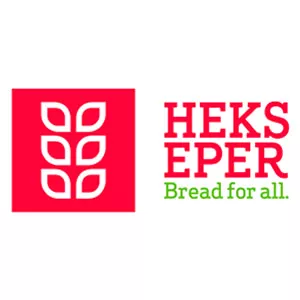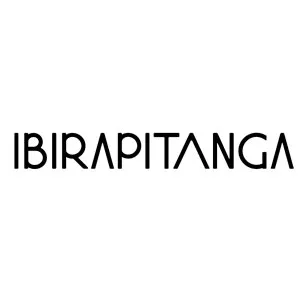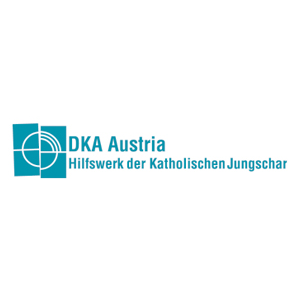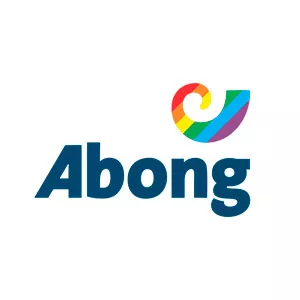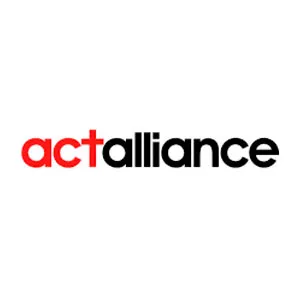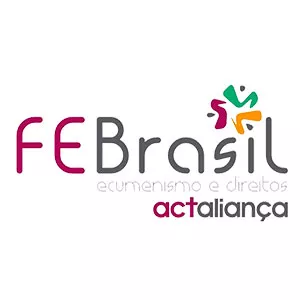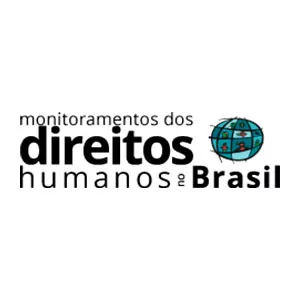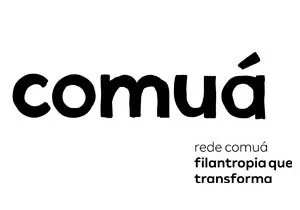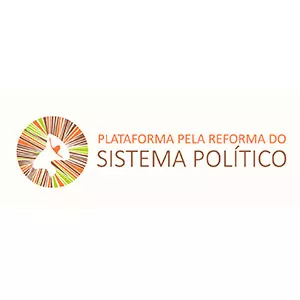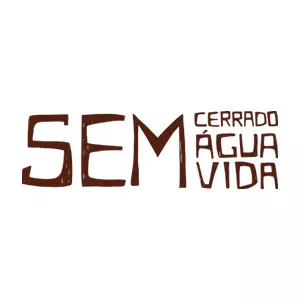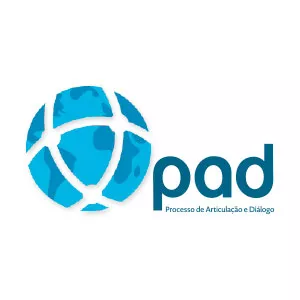- Home
- News
- CESE participates in intercontinental dialogue about the challenges of international cooperation and the role of civil society
CESE participates in intercontinental dialogue about the challenges of international cooperation and the role of civil society
13 de October de 2025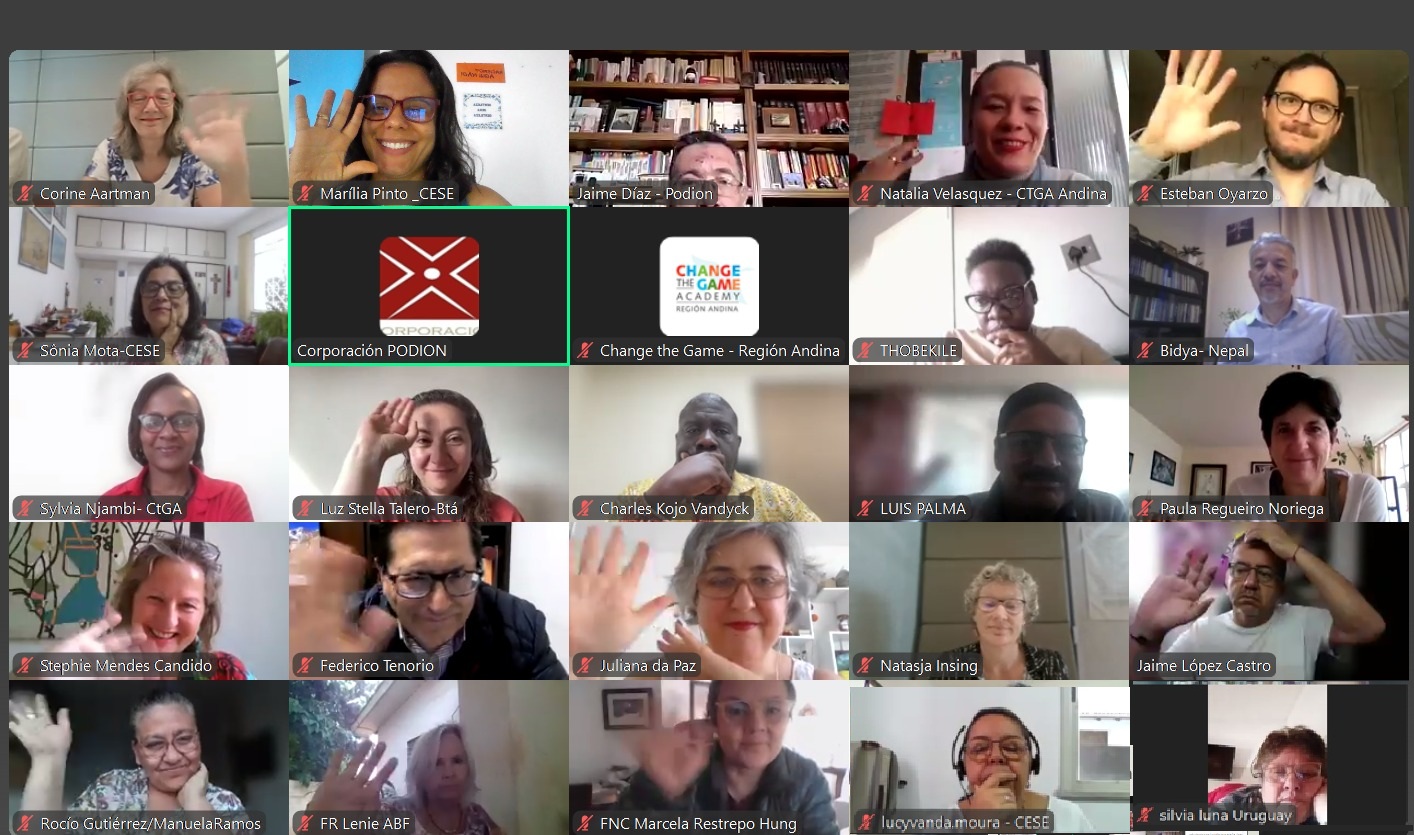
On 12 August, CESE joined a Multilateral Roundtable Dialogue about the Reconfiguration of International Cooperation and the Role of Civil Society, organized by the Andean Region of the Change the Game Academy (CtGA), in partnership with the PODION Corporation, Wilde Ganzen and the CtGA Global Alliance. Representatives from Asia, Africa and Latin America raised a range of voices and perspectives about how this theme directly impacts on the work of organizations in the Global South.
Representing Brazil, Sônia Mota, CESE’s Executive Director, shared reflections from the Brazilian and Latin American context, which is characterized by the advance of conservative political forces, cuts to resources and changes to international cooperation priorities. This scenario puts pressure on civil society organizations, threatens historical rights agendas and requires creativity, coalitions and the strength in alliances in order to guarantee the sustainability of the struggles.
During her talk, Sônia outlined four essential strategic fronts to strengthen civil society within this context:
- The creation and strengthening of parliamentary fronts to defend organizations;
- The expansion of dialogue with private foundations and public banks;
- The defence of legal frameworks that guarantee autonomy and public funding for civil society;
- The construction of political mobilization actions at local, national and international level.
“We cannot only assume a reactive position. That’s why we try to dialogue with parliament, to strengthen organizations and create a favourable legal environment, to dialogue with private institutes and foundations, so that they can learn more about our work. The aim is to strengthen sustainability and guarantee our autonomy. We are also seeking improved funding from public banks, by mobilizing political support, because the logic of bank charges cannot be the same for us as for other people. It should be one of cooperation, not of private business,” she declared to a plenary session of approximately 70 participants.
The meeting also heard contributions from Bidyanath Bhurtel (Nepal Center for Integrated Development – Nepal) and Charles VanDyck (West Africa Civil Society Institute – Ghana), who shared experiences from their countries about the withdrawal of traditional funding, the restrictions imposed by governments and the need for new, more horizontal and decolonial, forms of cooperation.
SEE WHAT THEY SAY ABOUT US
Over these 50 years, we have received the gift of CESE’s presence in our communities. We are witness to how much companionship and solidarity it has invested in our territories. And this has been essential for us to carry on the struggle and defence of our people.
CESE was set up during the most violent year of the Military Dictatorship, when torture had been institutionalized, when arbitrary imprisonment, killings and the disappearance of political prisoners had intensified. The churches had the courage to come together and create an institution that could be a living witness of the Christian faith in the service of the Brazilian people. I’m so happy that CESE has reached its 50th anniversary, improving as it matures.
When we hear talk of the struggles of the peoples of the waters, of the forests, of the semi-arid region, of the city peripheries and of the most varied organizations, we see and hear that CESE is there, at their side, without replacing the subjects of the struggle. Supporting, creating the conditions so that they can follow their own path. It is this spirit that we, at ASA, want you to maintain. We wish you long life in this work to support transformation.
In the name of historical and structural racism, many people look at us, black women, and think that we aren’t competent, intelligent, committed or have no identity. Our experience with CESE is different. We are a diverse group of black women. We are in varied places and have varied stories! It’s important to know this and to believe in us. Thank you CESE, for believing in us. For seeing our plurality and investing in us.
You have to praise CESE’s capacity to find answers so as to extend support to projects from traditional peoples and communities, from family farming, from women; its recognition of the multiple meanings of the right to land, to water and to territory; the importance of citizenship and democracy, including environmental racism and the right to identity in diversity in its discussion agenda, and its support for the struggles and assertion of the values of solidarity and difference.
I am a macumba devotee, but I love being with partners whose thinking is different from ours and who respect our form of organization. CESE is one such partner: it helps to build bridges, which are so necessary to ensure that freedom, diversity, respect and solidarity can flow. These 50 years have involved a lot of struggles and the construction of a new world.

